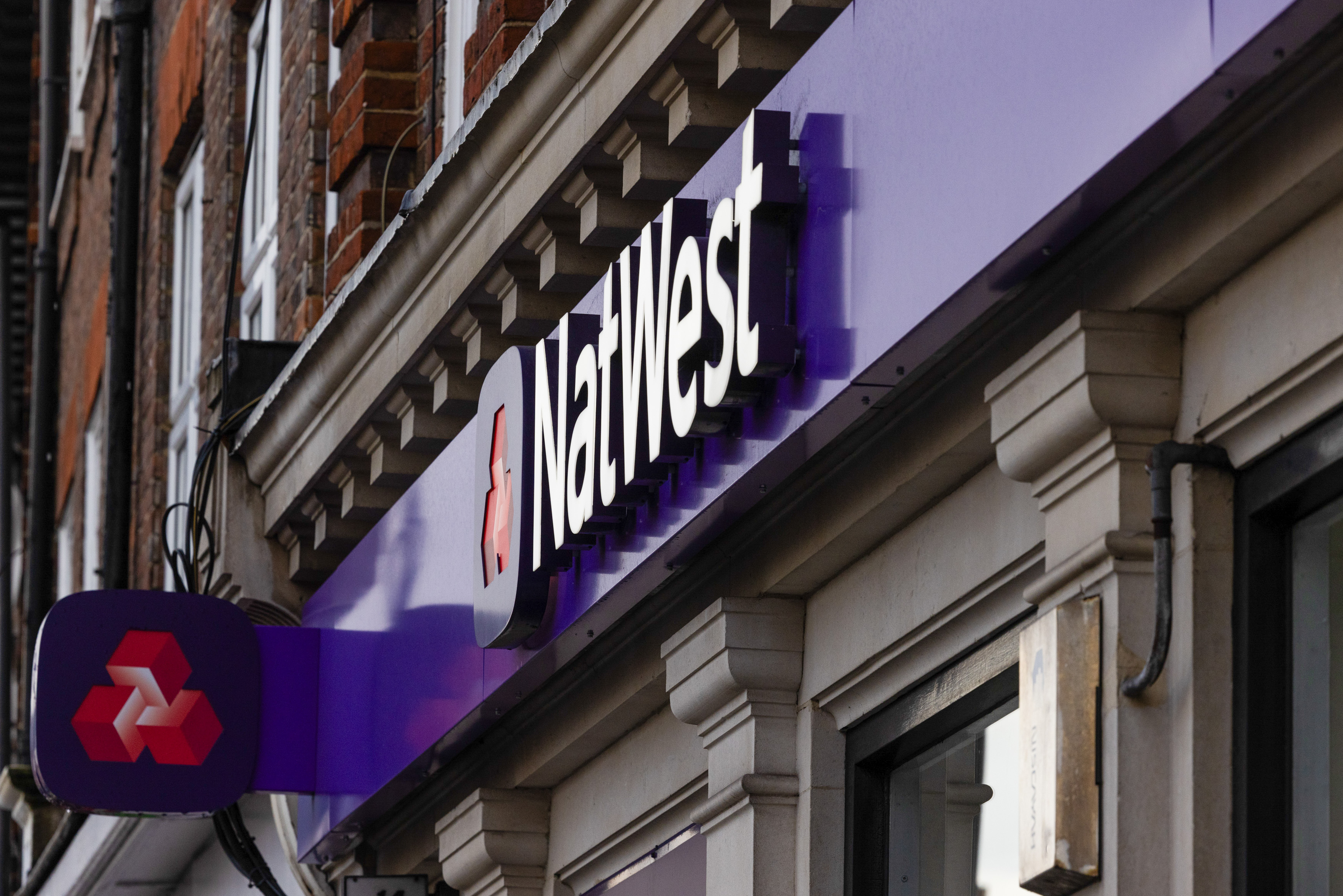
Get the latest financial news, insights and expert analysis from our award-winning MoneyWeek team, to help you understand what really matters when it comes to your finances.
You are now subscribed
Your newsletter sign-up was successful
Want to add more newsletters?

Twice daily
MoneyWeek
Get the latest financial news, insights and expert analysis from our award-winning MoneyWeek team, to help you understand what really matters when it comes to your finances.

Four times a week
Look After My Bills
Sign up to our free money-saving newsletter, filled with the latest news and expert advice to help you find the best tips and deals for managing your bills. Start saving today!
With bond yields having started to rise but still very low by historic standards, it is hard to find anyone with a positive case for investing in them. Reckless monetary expansion and fiscal incontinence in the UK, Europe and North America are expected to lead to inflation and a consequent jump in bond yields, reflecting falling prices.
Such warnings are not new: in January 2010, bond guru Bill Gross warned that gilts, then yielding 4% for ten-year maturities, “rested on a bed of nitroglycerine” – only to change his mind three years later when yields had halved. Now ten-year gilts yield just 0.8%; surely the wolf is at the door?
Jenna Barnard and John Pattullo, managers of the £190m Henderson Diversified Income Trust (LSE: HDIV) have a more measured view. They argue that “a global cyclical recovery in activity and inflation is predictable after a recession; the bigger surprise was how reluctant US bond yields were to rise in anticipation of this in the second half of 2020”. Furthermore, “we are not convinced that this cyclical rise in inflation is sustainable”.
MoneyWeek
Subscribe to MoneyWeek today and get your first six magazine issues absolutely FREE

Sign up to Money Morning
Don't miss the latest investment and personal finances news, market analysis, plus money-saving tips with our free twice-daily newsletter
Don't miss the latest investment and personal finances news, market analysis, plus money-saving tips with our free twice-daily newsletter
They consider that there has been a structural change in the private sector’s behaviour. Households and companies are saving rather than spending or investing owing to slower growth, uncertainty and low inflation expectations; the trend was reinforced by the pandemic. Meanwhile, although the US “has embarked on a massive fiscal stimulus”, other countries “are not in a similar position”.
Europe’s bailout is too small
Yanis Varoufakis, the former Greek finance minister, argues that the EU’s €750bn bailout is too small to make an economic difference. Meanwhile, China, which played a key role in reflating the global economy through credit expansion in 2009 and 2016, is maintaining a restrictive policy.
Barnard and Pattullo acknowledge that inflation is likely to rise in the short term, pointing out that “it is also not unusual to see inflation rise due to base effects following a recession; back in 2010/2011, inflation rose as high as 5.2% in the UK, [around] 4% in the US and 3% in Europe”. But they expect it to fall back by year-end.
“This year’s massive fiscal stimulus in the US is unlikely to be repeated next year.” The one-off stimulus will turn into a “drag” next year as the effects wear off, tempering growth and leading to “a reversal of the inflationary impulse”.
Moreover, “the public sector does not create inflation; it is the private sector through borrowing and lending in the economy. The lack of demand for credit is disinflationary in the long term”.
Banks are cautious lenders
In addition, the financial crisis led to restrictions, both imposed by regulators and through hard-learned self-discipline, which has turned banks into cautious lenders. In Japan, government debt is 220% of GDP, but interest rates, bond yields and inflation are at negligible levels.
Barnard and Pattullo believe that “the indiscriminate sell-off in February, while a shock to the system, provided an opportunity to invest selectively”. If so, HDIV, trading at a 2% discount to net asset value and yielding 4.9%, will continue to generate returns comfortably above inflation and interest rates, having returned 9% last year and 0.8% in the year to date.
Equally attractive is the £140m M&G Credit Income Trust (LSE: MGCI), trading at a 4.5% discount and yielding 4.4%. It returned 3.7% last year, but 2% in the year to date. Launched in late 2018, it has yet to build scale or reputation, although M&G has long been highly regarded for fixed interest. Like HDIV, it has weathered the squall in bond markets well. If the apocalyptic views of the bond bears prove to be as accurate as Bill Gross’s were 11 years ago, then both trusts will continue to generate solid returns for income investors.
Get the latest financial news, insights and expert analysis from our award-winning MoneyWeek team, to help you understand what really matters when it comes to your finances.

Max has an Economics degree from the University of Cambridge and is a chartered accountant. He worked at Investec Asset Management for 12 years, managing multi-asset funds investing in internally and externally managed funds, including investment trusts. This included a fund of investment trusts which grew to £120m+. Max has managed ten investment trusts (winning many awards) and sat on the boards of three trusts – two directorships are still active.
After 39 years in financial services, including 30 as a professional fund manager, Max took semi-retirement in 2017. Max has been a MoneyWeek columnist since 2016 writing about investment funds and more generally on markets online, plus occasional opinion pieces. He also writes for the Investment Trust Handbook each year and has contributed to The Daily Telegraph and other publications. See here for details of current investments held by Max.
-
 BBC TV licence fee hike confirmed: can you reduce how much you pay?
BBC TV licence fee hike confirmed: can you reduce how much you pay?The cost of a TV licence fee is set to rise by over 3%, but there are ways to reduce the bill.
-
 NatWest to close 32 more bank branches – see the full list
NatWest to close 32 more bank branches – see the full listNatWest is closing 32 branches in 2026 and 2027. Will your local area be affected?
-
 Three key winners from the AI boom and beyond
Three key winners from the AI boom and beyondJames Harries of the Trojan Global Income Fund picks three promising stocks that transcend the hype of the AI boom
-
 RTX Corporation is a strong player in a growth market
RTX Corporation is a strong player in a growth marketRTX Corporation’s order backlog means investors can look forward to years of rising profits
-
 Profit from MSCI – the backbone of finance
Profit from MSCI – the backbone of financeAs an index provider, MSCI is a key part of the global financial system. Its shares look cheap
-
 'AI is the real deal – it will change our world in more ways than we can imagine'
'AI is the real deal – it will change our world in more ways than we can imagine'Interview Rob Arnott of Research Affiliates talks to Andrew Van Sickle about the AI bubble, the impact of tariffs on inflation and the outlook for gold and China
-
 Should investors join the rush for venture-capital trusts?
Should investors join the rush for venture-capital trusts?Opinion Investors hoping to buy into venture-capital trusts before the end of the tax year may need to move quickly, says David Prosser
-
 Food and drinks giants seek an image makeover – here's what they're doing
Food and drinks giants seek an image makeover – here's what they're doingThe global food and drink industry is having to change pace to retain its famous appeal for defensive investors. Who will be the winners?
-
 Barings Emerging Europe trust bounces back from Russia woes
Barings Emerging Europe trust bounces back from Russia woesBarings Emerging Europe trust has added the Middle East and Africa to its mandate, delivering a strong recovery, says Max King
-
 How a dovish Federal Reserve could affect you
How a dovish Federal Reserve could affect youTrump’s pick for the US Federal Reserve is not so much of a yes-man as his rival, but interest rates will still come down quickly, says Cris Sholto Heaton
